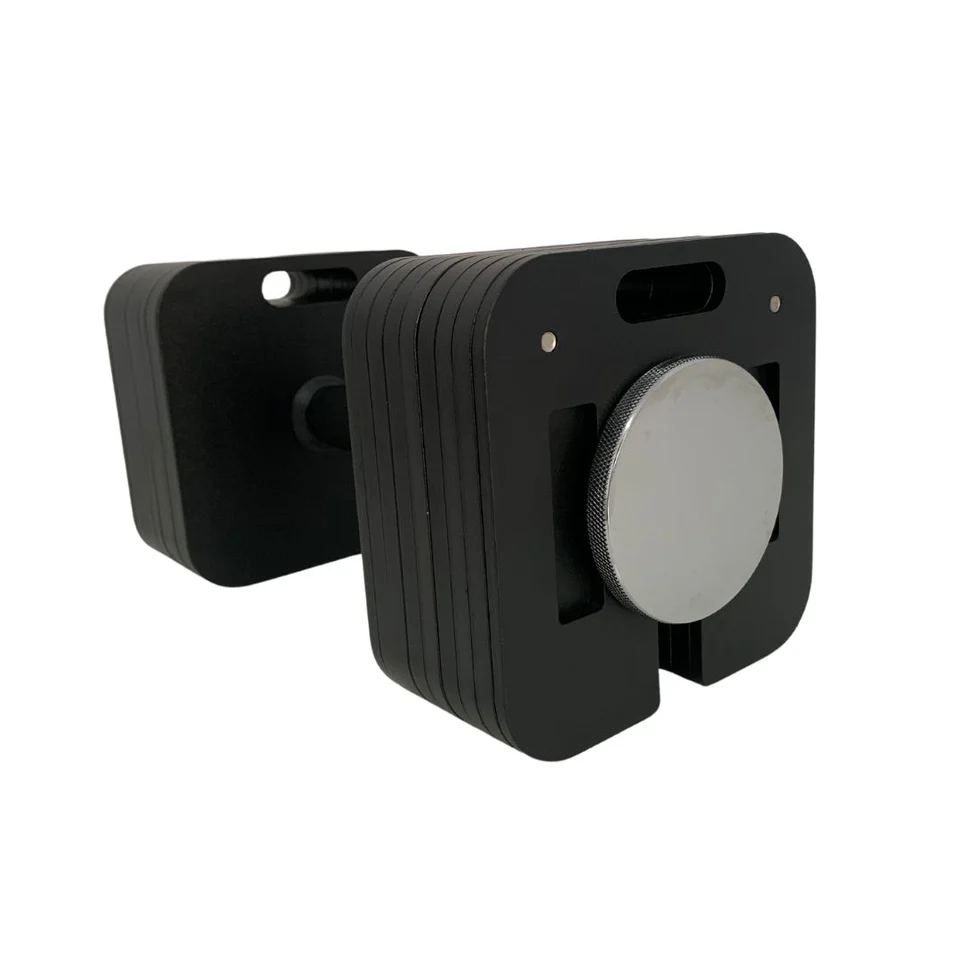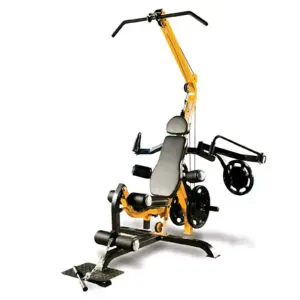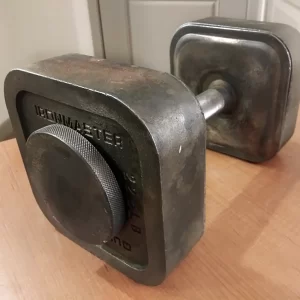 Why Knockoffs Can’t Compete with Ironmaster’s Quality
Why Knockoffs Can’t Compete with Ironmaster’s Quality

Greetings from Sam’s Fitness! In my latest chat with Matt Dawson, CEO of Ironmaster, we tackled a thorny issue: the rise of copycats, especially in Australia. As demand for innovative fitness gear like the Quick-Lock Dumbbells grows, so do the knockoffs. Matt and I dug into why these imitations pop up, why they fall short, and how Ironmaster’s relentless focus on quality doubles as its secret weapon.
Matt started with a candid take. “Australia’s seen more small companies copying not just us, but other fitness products,” he said. “It’s a bit of a free-for-all – we don’t have patent protection there, and neither do many others.” Distance from major markets like the U.S. adds to the Wild West vibe. “I wasn’t happy about it, and neither were you,” Matt admitted. “Seeing knockoffs of our adjustable dumbbells stings.” But beneath the frustration, he’s confident. “Deep down, I knew their quality couldn’t match ours. We sweat every detail – tolerances, standards – to make something we’re proud of. I’d be shocked if they could replicate that.”
The catch? Copycats lean on price. “They’ll undercut us,” Matt explained, “pushing a lower-cost version of ‘the same thing.’ But it’s not the same – you get what you pay for.” Ironmaster’s pricing reflects real costs – the kind tied to precision manufacturing, not inflated margins. “We’re not ripping anyone off,” he stressed. “It’s a fair price for a product you’ll love long-term.” Imitators, meanwhile, often flame out. “They’ve come and gone,” Matt said. “It’s harder than it looks to copy us straight-up. We’ve got two decades of know-how baked into the Quick-Lock Dumbbells – details they can’t just eyeball.”
I jumped in with an Australian perspective. “It’s brutal here for copies,” I said. “My other supplier, ATX, and I are constantly spotting rip-offs.” Why so rampant? “Patents don’t always hold here,” I explained, “and we’re tight with China – short shipping, free trade agreement, heaps of factory interaction.” That proximity fuels the cycle: spot a product, ask a factory to mimic it, and flood the market. “They’ll churn out what they think works,” I added, “but without the passion or user insight, it’s hit-or-miss.”
Matt nodded, pointing to the upside. “That difficulty is our best protection – better than a patent,” he said. “My factories grumble about how tough it is to hit our standards, but I love it. It makes us nearly impossible to copy well.” If rivals skimp to compete on price, quality tanks – and if they try to match Ironmaster’s level, costs climb too high to undercut. “They give up,” Matt noted. “They can’t put out something that truly rivals us.” It’s flattery, sure, but as he put it, “Most customers don’t see the behind-the-scenes grind – the effort to deliver at this level.”
I tied it back to my Powertec days. “When copies of their home gym multi stations hit, my strategy was simple: price it as low as I could,” I said. “If it’s too cheap to copy profitably, they either make junk that doesn’t compete or can’t match the quality.” With Ironmaster, it’s the same logic. “The price might seem steep,” I conceded, “but if there were fat profits to skim, someone would’ve nailed a solid knockoff by now. That they haven’t proves you’re getting a fair deal.”
In short, Ironmaster’s edge isn’t just in the gear – it’s in the craft. Copycats may try, but they can’t touch the decades of expertise or the stubborn commitment to excellence. My thanks to Matt for the insight – it’s a reminder that quality, not shortcuts, wins the long game.

 Why Knockoffs Can’t Compete with Ironmaster’s Quality
Why Knockoffs Can’t Compete with Ironmaster’s Quality 

